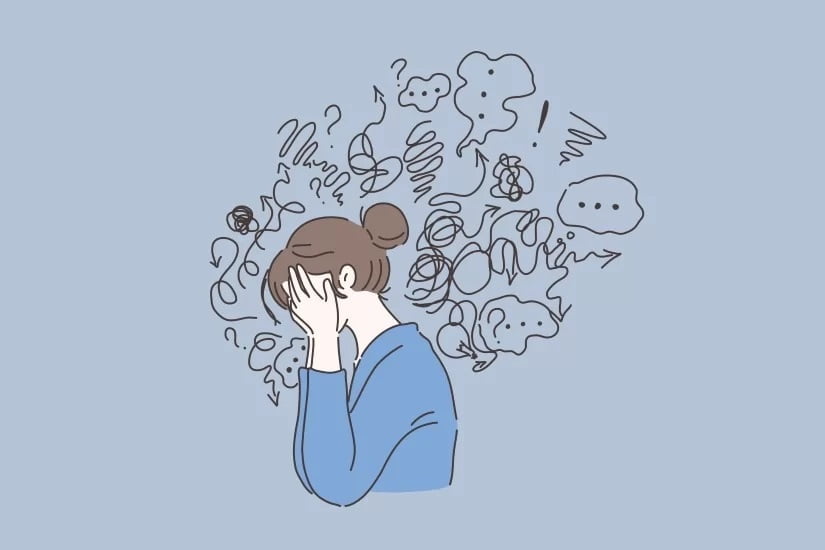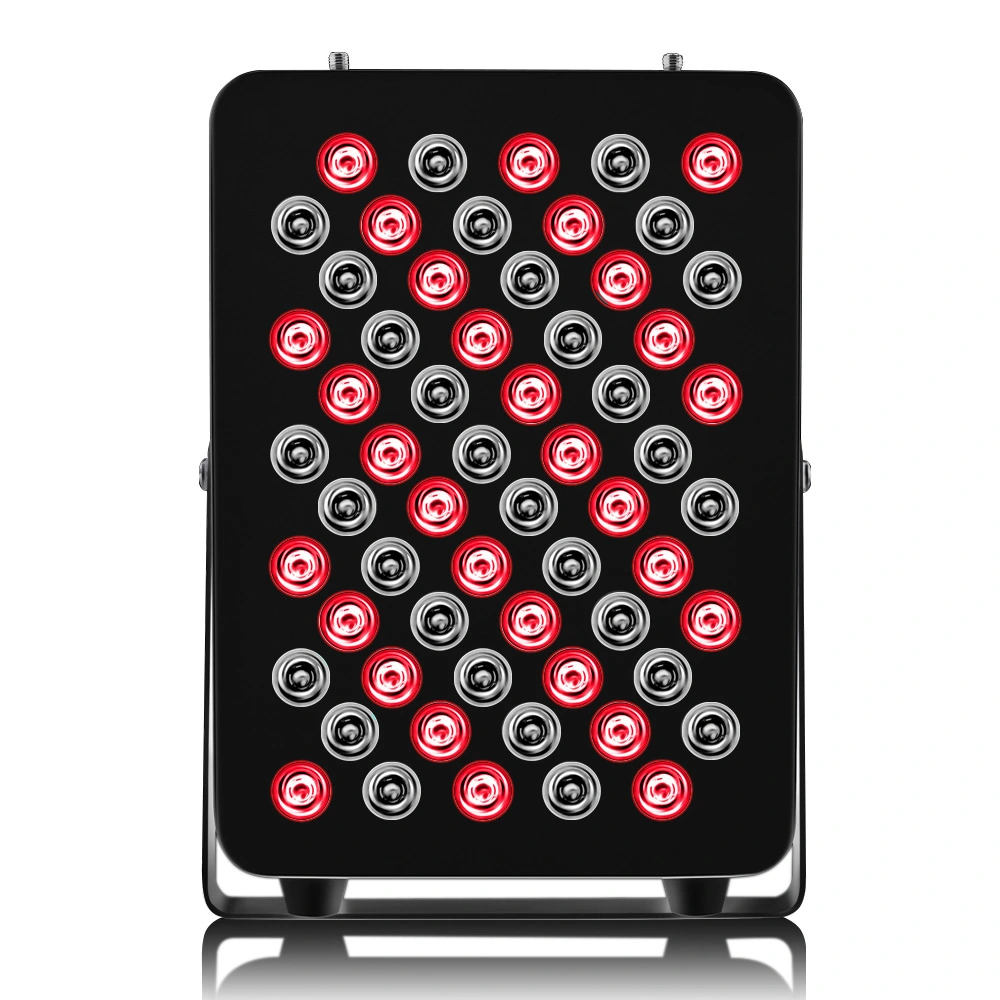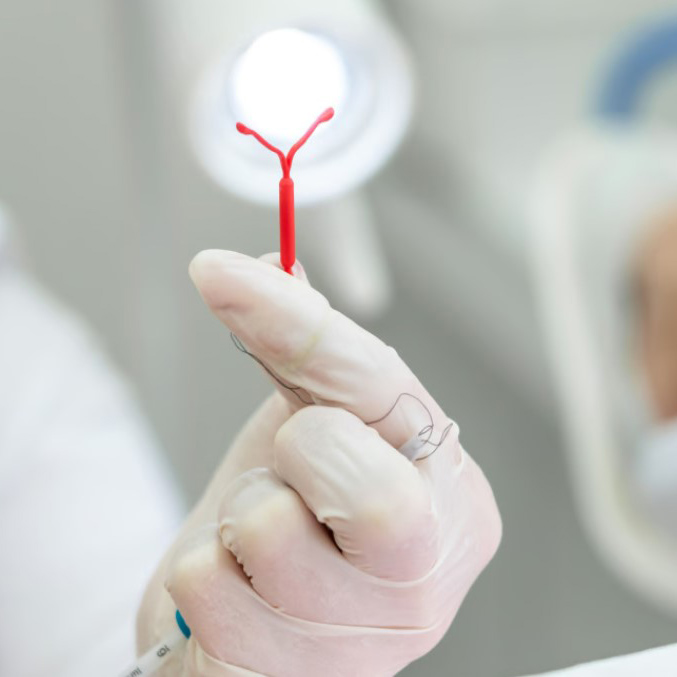10 Tips to Relieve Stress and Anxiety
Stress is the disease of the speed century. It is the consequence of fast-forward living, the phenomenon of “hustle culture” (an excessive dedication to work or gainful activities, as a result of which a person ends up excluding other aspects of personal and social life) and the loss of connection with one’s own body.
What is stress:
Technological changes, new family and relationship dynamics, and the economic hardships we face make us a much more stressed generation than our parents or grandparents. Stress is the bio-psycho-emotional response that the human body manifests in complicated and threatening situations and in which we perceive a lack of control. It is caused by the discrepancy between the external demands of the environment and the possibilities to deal with them, in the sense that we do not always have the necessary resources, capacities, strategies to deal with, to solve these demands advantageously for us and the environment.
[ruby_related heading=”More Read” total=5 layout=1 offset=5]
Always “on alert” and surrounded by too many stimuli simultaneously acting on our minds, it’s no wonder that stress has become a way of life, to the point where we don’t even recognize the warning signs our body is giving us.
When we say we are “stressed”, our brain produces cortisol (known as the stress hormone). Thus, we end up feeling the pressure to be “on” and the need to do something almost continuously – through direct action or through imagination (a process called “procrastination” in psychology). And if, after a while, we do not show conscious and healthy behaviors, we risk falling into the abyss of depression and passivity.
When we are subjected to long periods of stress, and the cortisol level is messed up, the negative effects are felt in the body like this:
- signs of anxiety and depression appear
- headaches
- weight gain
- heart problems
- memory and concentration problems
- digestive problems
- sleep problems
According to research in the psychology of health and relationships, in tense life situations, the automatic reaction to stress is activated and, instinctively, the need for attachment appears, which prompts us to seek the support and presence of our loved ones. In short, stress motivates us to relate to those close to us. But the strategies we use to meet our attachment needs and how we learn to communicate those needs can strengthen or destabilize the psychological makeup of a relationship.
What are the stress factors

Not all of our body’s reactions are symptoms of stress, they depend on each individual, as well as the sources of stress can be different from person to person. What for one person could be a sign of stress, for another it could be a sign of illness.
Sources of stress can be:
- pressure from the workplace and working in an environment where we do not find ourselves
- life transitions: starting college or a new job, a new relationship, moving house or city, the birth of a child, the death of a loved one, a breakup
- family context and tasks, various worries, a strained marriage, difficult relationships with members of the immediate or extended family
- health problems or the existence of a medical diagnosis
- practicing a risky job
- low or insufficient income, monthly installments or debts are major stress factors
A large study conducted before the COVID pandemic shows us that negative perception of stress increases the risk of premature death by 30%.
Managing stress
According to specialists in stress management, solving concrete problems is only one stage. The second stage is directing attention to the signals and manifestations in the body, with the intention of accepting the feelings and thus contributing to the unfolding of the biological process called the “stress cycle”.
Stress can motivate us to act or, if we get stuck fighting physiological reactions, it can have some of the most devastating effects on our health, but also on our relationships. In stress we can “see”, in addition to the danger it brings, also a chance to stop and change the things that don’t work in our lives.
We can be driven by anger, by primal instincts, by the emotional baggage we’re catching up with, and by a negative image about world around us or we can choose to work with ourselves and understand why a situation perceived as stressful has the effect it has on us.
Stress management is a rather tedious process and too theoretical for many of us. Even the most self-possessed can get lost in the face of stress or have periods when they simply can’t deal with it in a healthy and sustainable way. But there are some things we can all do to “regulate” our body’s cortisol levels and prevent the effects of stress from settling in and taking over our minds and bodies and accept our emotions, which it is advisable to normalize as well as our bodily reactions. How we deal with and discern our biological reactions and emotional states can support us to calm down or become even more impatient. Emotions often arise from the way we think and cognitively relate to these experiences outside and inside us.
10 tips for managing stress:
- to exercise as often as we can, even if it is a simple walk;
- to sleep as much as our body requires – without rest we face stress much more difficult;
- to do breathing exercises not only when we feel anxious, but also at other key moments of the day;
- to be concerned with the hygiene of our minds and our experiences. The mind that is overwhelmed by patterns, temptations, worries, negative thoughts and overwhelming emotions, because, in moments of stress and pressure, it is as if we are on a merry-go-round, and our nervous system and psyche do not get to deal with and process the situation;
- to take breaks and dedicate at least one hour a day to ourselves – an hour in which to do what we like, without outside intrusions;
- to eat healthy, drink enough water and take, if necessary, food supplements such as magnesium, vitamin B complex and melatonin or valerian before sleep;
- allow ourselves to laugh and/or cry and spend enough time with loved ones or those who have an optimistic tone;
- prioritize or eliminate certain activities and devote as much time as possible to hobbies and other interests;
- consider intervening on the source of stress, but keep in mind that it is equally important to complete the “stress cycle” and try to get as much as possible out of the negative experiences, more precisely, to perceive difficult experiences as opportunities for growth, development, perhaps even psychological “healing”.

VELLGUS elite
SHOP THE #1 RATED RED LIGHT DEVICE
With its reliable performance and unbeatable convenience, this device is ideal for anyone looking to enjoy all the benefits of red light therapy.






